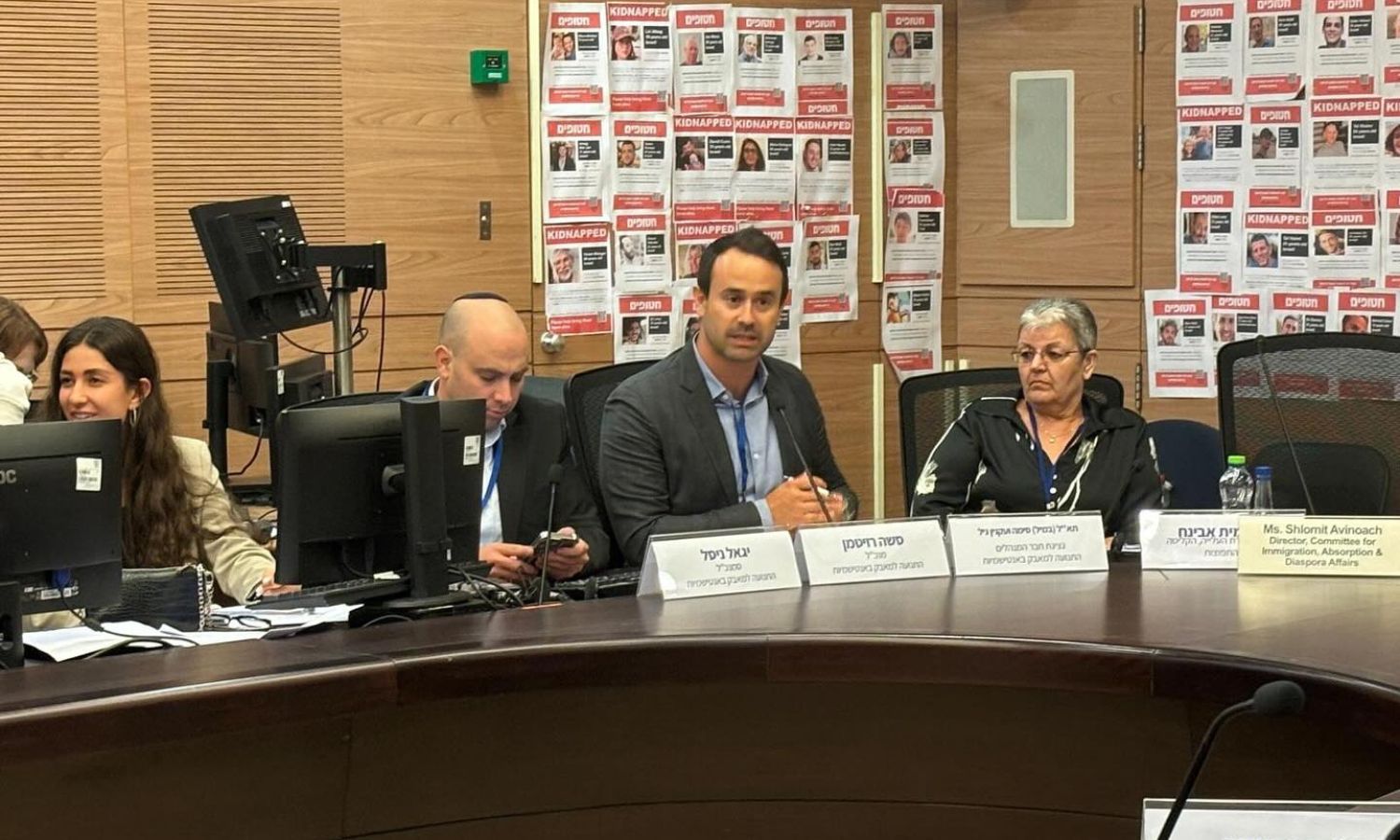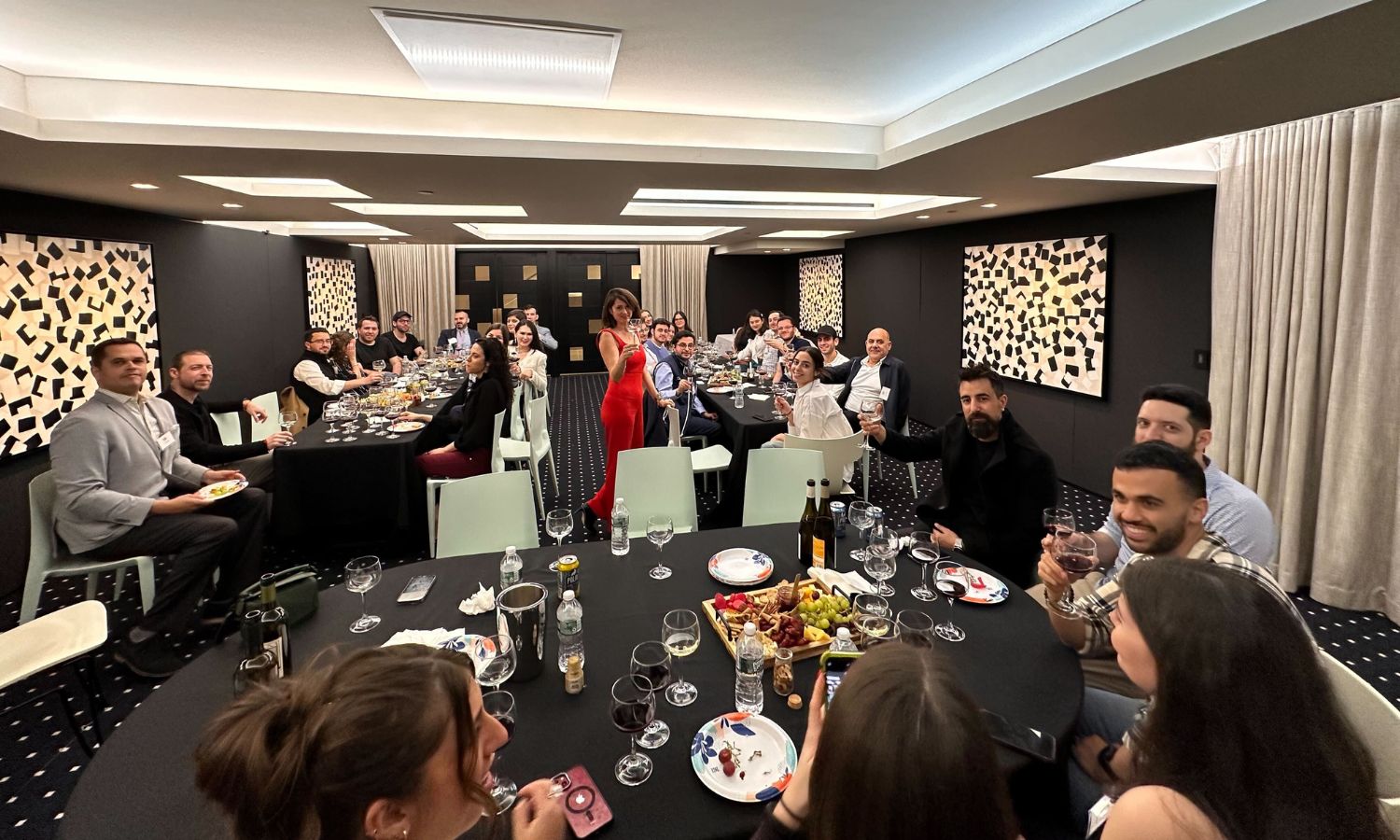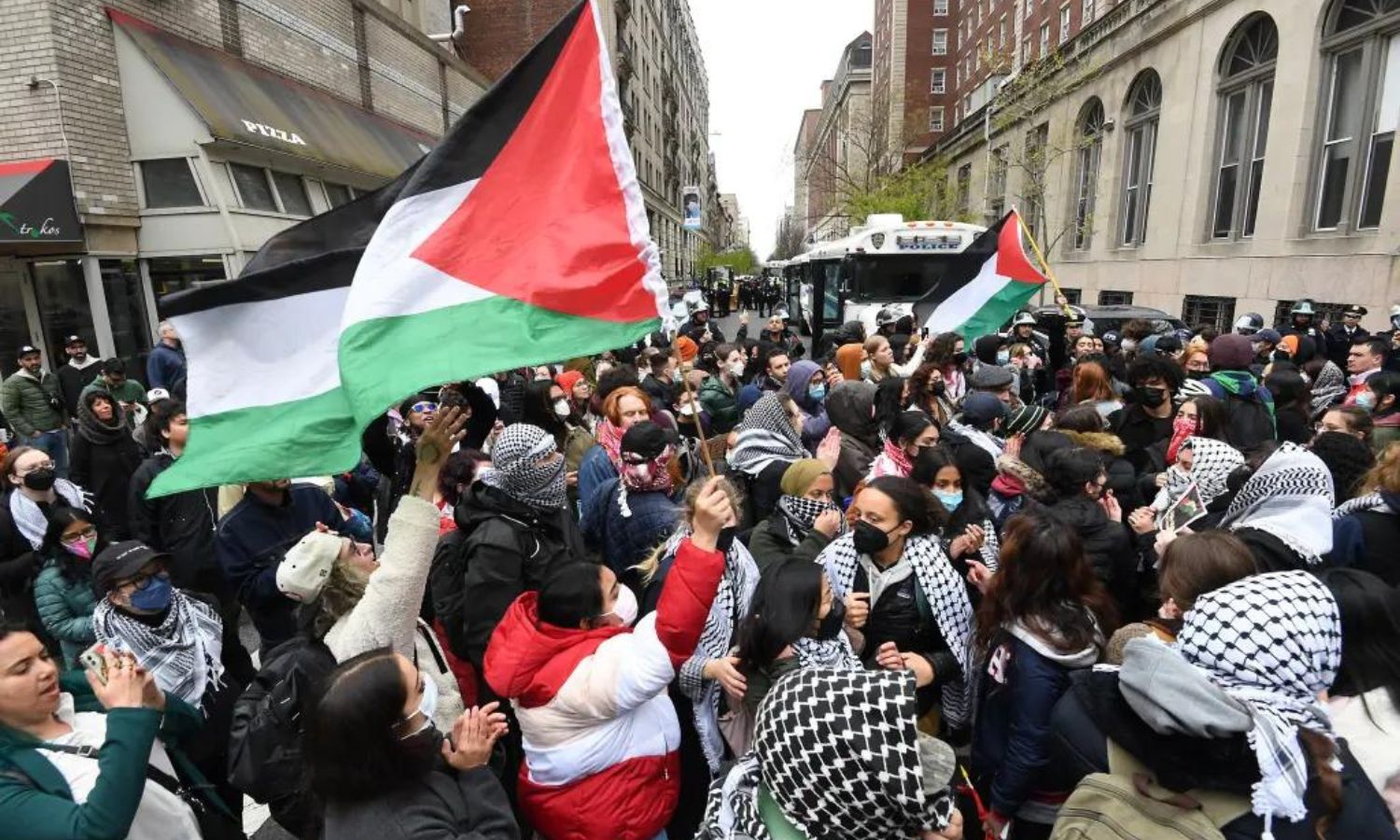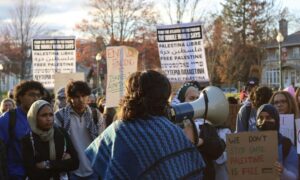|
Getting your Trinity Audio player ready...
|
The Combat Antisemitism Movement (CAM) presented to the Israeli Knesset on Tuesday the findings of a new study conducted by the Antisemitism Research Center by CAM that found a 590% increase in online Holocaust denial following October 7th.
Read the full CAM briefing to the Knesset HERE.
CAM was represented at the meeting of the Knesset Committee for Immigration, Absorption, and Diaspora Affairs — chaired by MK Oded Forer — by CEO Sacha Roytman, Board of Governors Member IDF Brig. Gen. (Res.) Sima Vaknin Gil, and Chief Operating Officer Yigal Nisell.
The hearing took a day after Yom HaShoah, Israel’s national Holocaust remembrance day.
“We identified Holocaust distortion as the most perilous form of anti-Israel discourse which is fueling antisemitism in the streets, on campuses, and among decision-makers,” Roytman said.
The study’s policy-making recommendations include:
Adopt IHRA Definition — Encourage governments and academic institutions to adopt the IHRA’s definition of Holocaust distortion and denial for a standardized approach to combatting these issues.
Research Links to Antisemitism — Task research institutes in Canada, the U.S., and the EU to study how Holocaust denialism contributes to antisemitism.
Strengthen Regulations — Advocate for robust national and international legislation to hold digital platforms accountable for hosting hateful content, using community guideline systems similar to platform X.
Expand IHRA Scope — Include the denial of events like those on October 7 within the IHRA definition of antisemitism.
International Collaborations — Promote partnerships among Holocaust museums, research bodies, and educational institutions worldwide to foster global awareness and vigilance.
Tech Company Engagement — Encourage the use of advanced detection technologies and human oversight by tech companies to proactively identify and address Holocaust denial content.
